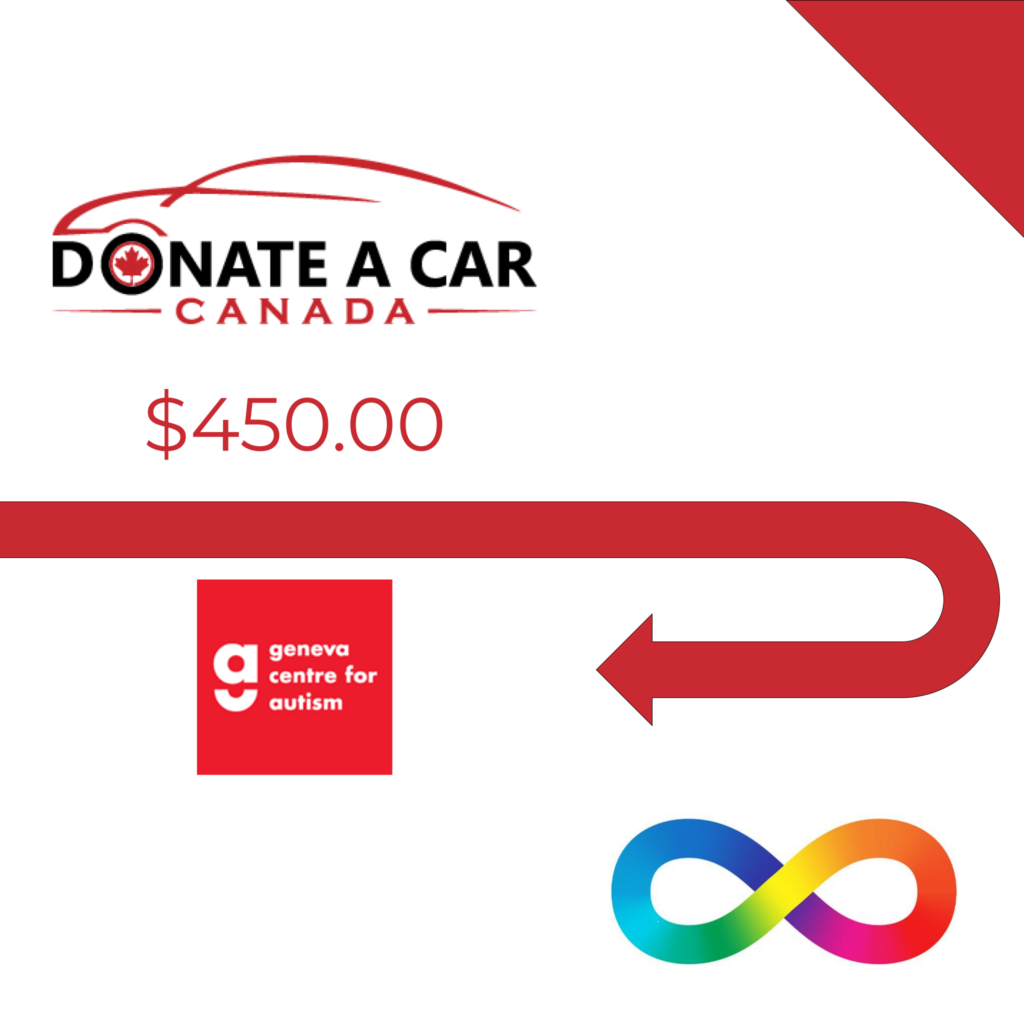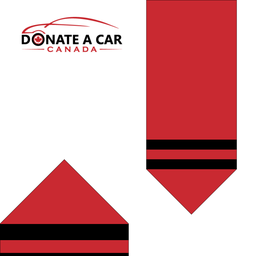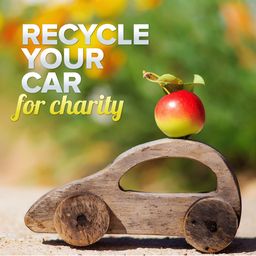 Heritage Office Furnishings, a Vancouver-based company, has donated 17 vehicles-and-counting through Donate a Car Canada! Learn about their charity of choice and more...
Heritage Office Furnishings, a Vancouver-based company, has donated 17 vehicles-and-counting through Donate a Car Canada! Learn about their charity of choice and more...
Blog
Autism | Car Donors Care

Autism is a heart work of choice for car, van, truck, and motorcycle donors. Wondering what to do with that unused Toyota? 'That no-longer-loved Dodge Charger? Donate it!
The Kids are Going to be Okay | United Way
I put the phone down after a beautiful conversation with a friend. A gutting conversation with a friend. We're wondering -- out loud, together -- if things are going to be okay. Will our kids be okay? Will our earth? What about us? Here's some proof that yes! Yes, the kids are going to be okay...
Continue reading "The Kids are Going to be Okay | United Way" →Cancer Foundation Makes Life Better
The Alberta Cancer Foundation welcomes monthly car, truck, and van donations. In fact, they are one of Donate a Car Canada's most chosen charities. One donor family's reason for donating was deeply personal.
Continue reading "Cancer Foundation Makes Life Better" →The Knowledge Network

The Knowledge Network is getting so much donor love this summer and fall! See what donors have to say about what it's like to donate a vehicle to their chosen charity!
Big Support From Mini Donor

Calgary Humane Society and Alberta Cancer Foundation get a lot of love from DOUBLE donor. You won't believe how much this Mini Cooper donor earned for her charity!
Animal Protection | One Company Makes a Difference
Animal protection through car donation? You won't believe how many trucks and vans Heritage Office Furnishings has donated through Donate a Car Canada! Learn about the charity they care about, and more...
Continue reading "Animal Protection | One Company Makes a Difference" →Back to School
Our kids are heading back to school! Some have been away from the classroom for over a year. Other children and teachers have been hanging out in strangely-altered spaces. Masks. No masks. Distanced...and not. How are you and your kiddos doing as you head into a new school year?
Continue reading "Back to School" →Calgary Food Bank

Calgary Food Bank will receive a gift from a family that, at one time, needed their critical service. Here's how one vehicle donation can make a big difference...
Donate My Boat
Can I donate my boat for the cause I love? The short answer is yes! Or no. Confusing? Our process regarding holiday vehicles (including boats) is a bit choosy. Read on to see why!
Continue reading "Donate My Boat" →